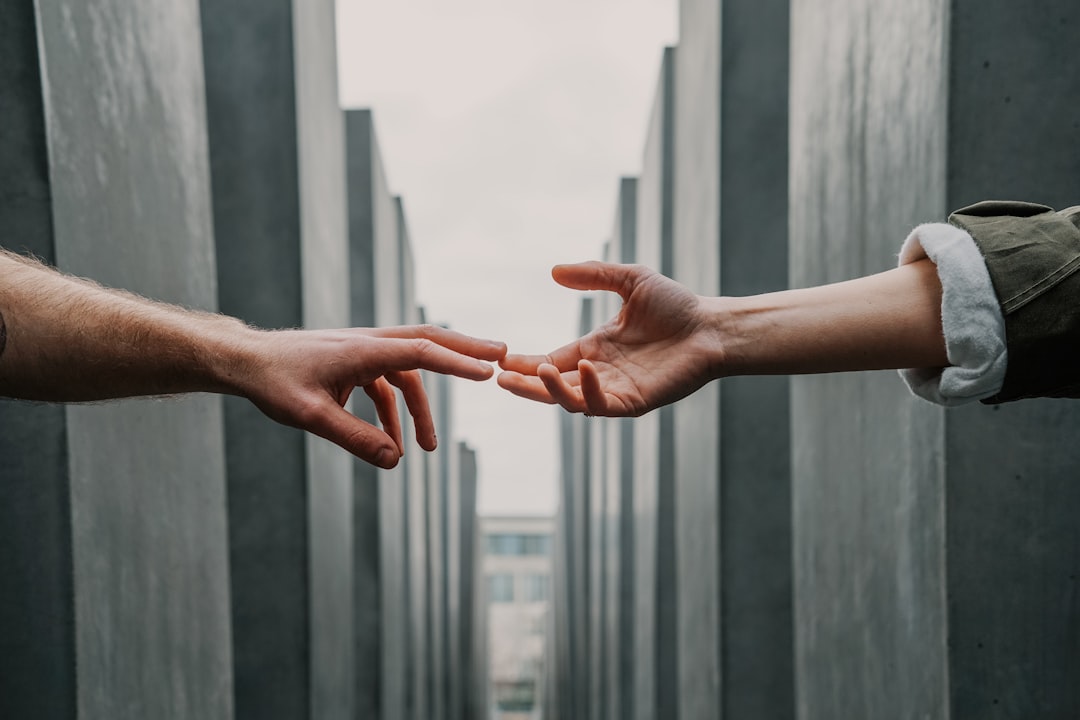What is it about?
Does online polarization cause offline protests? We show that social media interactions, sometimes dismissed as trivial, are key to the mobilization and enactment of collective action - but not because of online polarization. On social media, people debate and disagree, but they also post opinions about injustices that resonate with others and discover that their own views are shared. This process of sharing opinions and agreeing with others, rather than online polarization, predicts attending a crowd protest.
Featured Image

Photo by Sandro Cenni on Unsplash
Why is it important?
Our results show that people leave an online "digital footprint" of their participation in offline collective action: the digital traces left by people before and during an offline protest event can indicate that they are, or will be, attending that event. However, despite calls by politicians and policy makers to limit the use of social media to spread potentially polarizing views on social issues, we show that online polarization alone does not predict mobilization. Therefore, expressing grievances at the social order is not necessarily dangerous (in terms of suggesting that that individual will take offline action). Rather, we found that the number of “likes” people receive on their social media posts about a grievance are key to predicting their offline mobilization. This means that social media sites can be melting pots for the genesis of social change movements because they provide an opportunity for people to have their grievances validated and shared.
Read the Original
This page is a summary of: Digital traces of offline mobilization., Journal of Personality and Social Psychology, February 2023, American Psychological Association (APA),
DOI: 10.1037/pspa0000338.
You can read the full text:
Resources
Contributors
The following have contributed to this page










